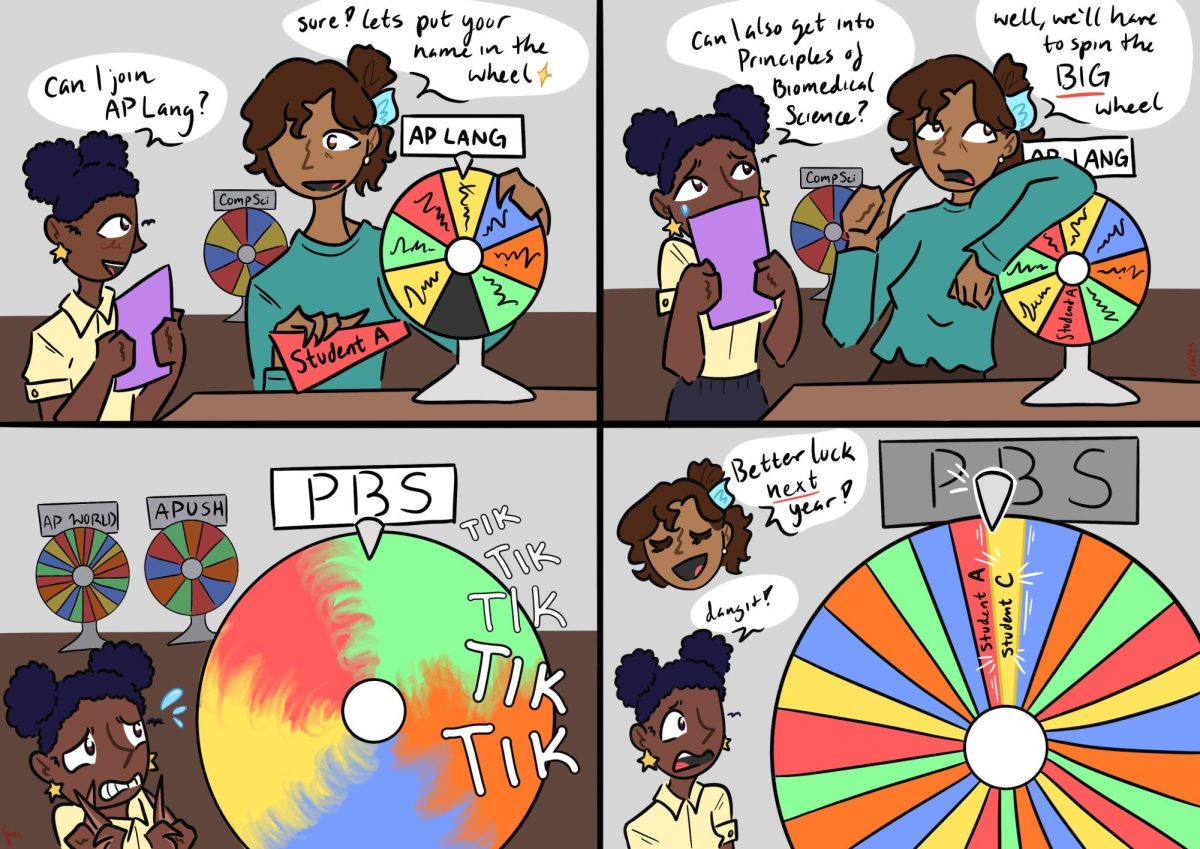YES: IT IS GOOD FOR THE STATE
by Tate Delano, staff writer
Today, Californians will vote on Proposition 19, which aims to legalize marijuana.
Passing this proposition will benefit the state because it will increase tax revenues while still preventing the possession of large quantities of marijuana and keeping it out of the hands of minors.
If marijuana becomes legal, the government will be able to tax its purchase.
The State Board of Equalization says it can charge up to $50 per ounce of marijuana sold and make $1.4 billion a year in tax revenues. This will slowly bring California out of its $20.7 billion debt, and get the economy back on its feet.
Marijuana has already been approved by the state for medicinal purposes, so voting Prop. 19 into law is simply taking the next step by allowing all adults to use it for relief from pain, migraines, arthritis, and many other diseases, according to medicalmarijuana.org.
Specifically, Prop. 19 will allow people only 21 and older to possess up to one ounce of marijuana for personal consumption in a non-public area. It’s also illegal to drive under the influence of any form of drug.
Moreover, marijuana is less dangerous than other legalized drugs such as alcohol and tobacco, which are more addictive and dangerous than marijuana.
Nearly 13.8 million Americans have problems with drinking, and 50 percent of all traffic accidents are caused by alcohol, according to Alcohol-statistics.com.
Only 2.5 percent of traffic accidents were caused by marijuana.
Alcohol also leads to both physical and mental birth defects in babies whose mothers drink excessively while pregnant. This is more prevalent in newborns than down syndrome, sudden infant death syndrome and many other diseases.
Alcohol also makes people aggressive and violent, which leads to possible cases of assault and abuse. About 53 percent of all Americans report that one or more of their relatives have an alcohol problem, according to alcoholism-statistics.com.
In 2007, almost 20 percent of adults in the United States were cigarette smokers.
A reportedly 5 million people die each year because of smoking cigarettes, according to the World Health Organization. A little more than 90 percent of lung cancer deaths in men and 80 percent in women are the result of smoking.
Marijuana should be able to fall into the same category as alcohol and tobacco.
Its side effects are more minimal. Short term side effects include problems with memory and learning, distorted perceptions, loss of coordination, and increased heart rate.
These side effects become exaggerated when the user combines it with other drugs.
People also think that marijuana is a gateway drug, which is a less powerful drug that may lead to using harder drugs, such as cocaine.
But as long as hard drugs remain illegal and the amount of marijuana used at one time is controlled, it is less likely to lead people to worse drugs since they wouldn’t risk illegally using another drug.
Also, the police can allocate resources to more serious, violent crimes and hunt down drug cartels that sell non-government regulated marijuana illegally.
With marijuana being legal, drug dealers will have less influence on the communities where they sell drugs.
Legalizing marijuana will raise state revenues, keep the possession amounts low, and make it illegal to sell without being authorized by the local government as well as regulated. The risk factors are much smaller than the benefits and entirely worth it.
NO: IT IS HARMFUL TO SOCIETY
by Esther Lu, staff writer
If Proposition 19 passes today, people 21 years or older can use marijuana legally, which is detrimental to society.
Passing Prop. 19 challenges the concept of a drug-free environment for teens.
If adults start setting the standard that it is OK to smoke marijuana, teens would get the impression think it is acceptable to smoke pot, too.
Marijuana contains the same harmful effects as many other drugs.
Short term effects of smoking marijuana include loss of motor skills, a hazy sense of perception that effects time, touch, sound, and many other mental functions, according to the National Institute of Drug Abuse. This would prove disastrous to a person’s ability to be tuned in to life in general.
If marijuana is declared the social norm for California, this would jeopardize public safety. Passing Prop. 19 makes it OK for people 21 years and older to purchase up to one ounce of marijuana and smoke it for recreational use.
While Prop. 19 does not permit the marijuana usage in public, during school and in front of minors, it could allow people to smoke before going to work.
This is because legalizing marijuana will lower its price, increasing its usage and putting more people under the influence of marijuana.
As a result, an employees job performance from the office to the outdoors would be negatively affected. The people that they come into contact with at work, from adults to children would also be consequently influenced. “It affects workplace safety by watering down… efforts to provide a drug-free work environment,” according to the Salinas Californian. Jeopardizing the safety of the public works and education of adolescents should not be traded in for legalizing the temporary satisfaction of smoking marijuana.
Some say costs of prisons would be reduced, more money would be gained through taxed marijuana and drug cartels will be significantly reduced of Prop. 19 is passed.
But most people who commit crimes are already under the influence of drugs such as marijuana.
A study shows that Mexican drug traffickers may lose a few buyers but overall not much revenue would be lost. The Christian-Science Monitor states the current black market dealers for marijuana could attempt to compete with stores that already have low pricing of marijuana, reducing the tax revenue on this drug.
To place marijuana in the same legal category as cigarettes, opens the door to dangerous possibilities that may have a lasting impact especially on the adolescent population.
It will only allow more pleasure seekers to turn to harmful drugs.
Opinions page
policies
Opinions expressed in The Californian are those of the respective authors. Unsigned editorials reflect the majority view of the staff.
The Californian encourages letters to the editor. Letters must be signed and should not exceed 150 words.
Letters may be dropped off in room 321 or e- mailed to [email protected]. The Californian reserves the right to edit letters or not publish any letters deemed inappropriate.


